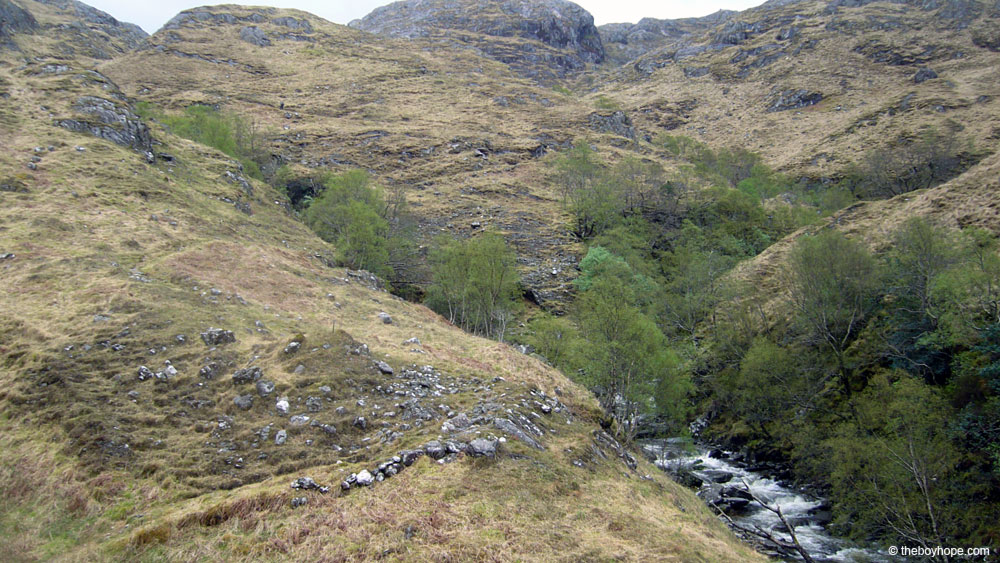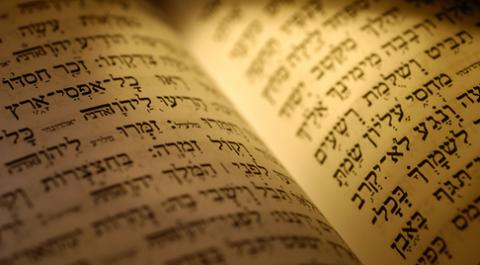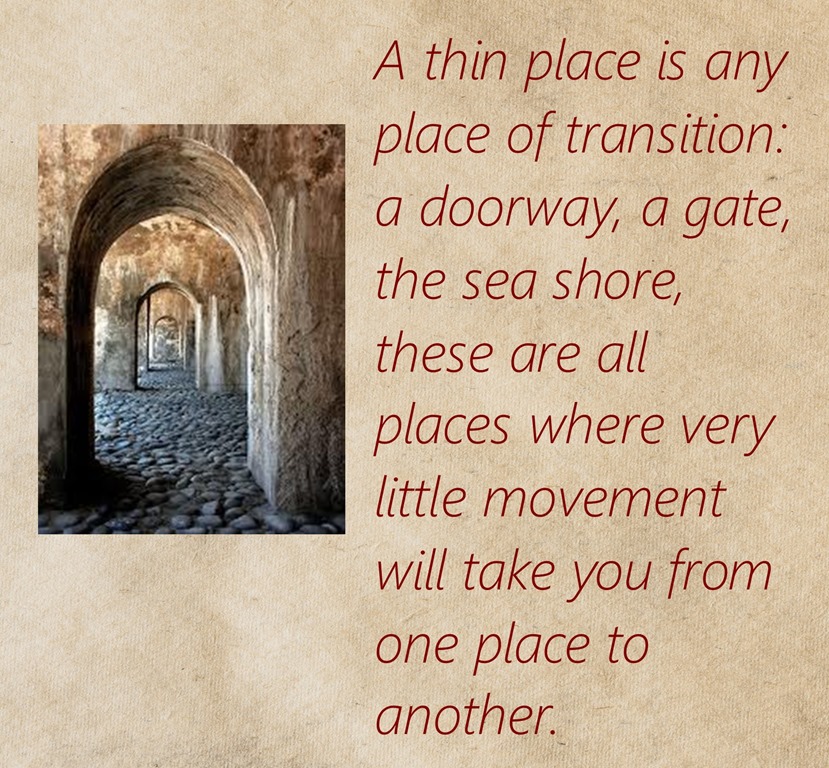
Asked to lead a Service with the Lectionary referring to the Lord’s Prayer I felt that calling to meet with this text in a different manner. Here’s my take.
In Judaism I understand that the Tefillah had 18 or 19 prayers or petitions. In this prayer it has a strong emphasis on Jerusalem and the Temple; it identifies the sacred book, the Torah; it talks of the suffering of the community and its need for relief; that forgiveness is requested but there is no linkage to the forgiveness of others; it contains a blessing for the agricultural year; and a call for an attack on the enemies. I’m not sure we can recognise this as the Lord’s Prayer – Jesus ‘de-Zionises’ the Tefillah.
Our Father
The call for the God of Abraham, Isaac and Jacob has now become ‘Our Father’. Some would say Abba Father, although some have issues with such informality with God. To me it emphasises the deep loving relationship we have with God, a deep caring bond that is 2 way, flowing in both directions if we may permit it to be so. We started the Service with Creator God, Father God, Mother God, emphasising that loving bond to all.
Hallowed by Thy Name
Only God can act to make his name Holy. As God is holy we his people are to be holy, but his name can be defiled by our disobedience. We typically rattle through this prayer but I am led to believe that ancient Rabbi’s were reported to stand in silence for an hour before they said the Tefillah1 – perhaps we should pause between each line?
God’s Kingdom
A preacher once asked the congregation “Where is Heaven?”
Hands moved, fingers started to point upwards, eyes lifted upwards. They then said “Really?”
Fingers dropped deftly back into laps and the eyes dropped back to the pews.
Why do we think that Heaven is upwards?
In Genesis we are told of the Raqia, the firmament, that hemispherical division of the Earth and Heaven. It has been in our upbringing at Sunday School, if you are of that age! We are told that we go ‘up’ to Heaven when we die. What of our life now?
But from the Gospel of Matthew we read “From that time Jesus began to preach and say, “Repent, for the kingdom of heaven is at hand.” and from Luke and heal those in it who are sick, and say to them, “The kingdom of God has come near to you.” If it is at hand and also near to us why is it up there?
I would like to invite you to imagine a silken cloth draped over a landscape. This cloth separates the sky from the land but is intimately connected in every valley and dip and touches every mountain hill top (not many hills in Lincolnshire).
Celtic spirituality talks of the “thin places” which bring heaven closer – and in Christ, all places are thin, or sacred, because all are potentially doorways to heaven. In her book on Heaven, Paula Gooder emphasises that we all can experience those ‘thin places’ where we can meet God intimately, where we can touch the Kingdom of God, here, now.
It is like that silken cloth draped over our lives, can we see it, feel it today? Where can we go and be with God today?
I don’t think it is physically limited as well. I always read the Bible in the dining room whereas my wife uses the lounge. These are ‘our’ places where we are comfortable being with God.Why can’t it be on the bus to work or in the kitchen (more of this later)? 
So if we have God’s Kingdom here on Earth there is purpose and direction. I believe that our goal is not to prepare people for Heaven but for His Kingdom on Earth. What do you think?
Daily Bread
About 3-4 times a week I make a loaf of bread. That sounds quite homely, a domesticated man? – well actually I use a bread machine. Given that I am not in any way a cook, by any imagination, I seldom follow recipes and utilise anything I can find in the cupboard, especially at the moment when we are trying to clear out the cupboards ready for moving – this could be dangerous. Chocolate, bananas, cherries, mixed fruit, soft cheese, cinnamon and rosemary have all been tried but not all at the same time – but that’s an option for later. 
Bread is part of our staple diet. It feeds us, hopefully with good things. If we are to walk with God we do need to know of his will in our lives, to enrich them, to make them good.
You may read the Bible. It can be dull. Sorry if that offends anyone, try the book of Numbers when you are tired.
We often get the Bible in chunks of 5 or so verses at a time. A bit here, a bit there. That’s sad as the Bible is a collection of 66 books drawn over hundreds of years. If we were to read a novel 5 sentences at a time would we understand it I wonder? I was advised that when reading the Bible we should read it in context, such as the Gospel of Mark as a single letter. Wow 16 chapters at a time? Well, many of the letters in the New Testament are short and could be easily digested, pondered upon.
It was suggested that I did not read Genesis to Revelation as the Bible was not written in chronological form, in time order. I never knew until recently that the first letter in the New Testament was not Matthew but is believed to be 1 Thessalonians. It is only when we start to read what it is saying to us in context do we start to ask questions: of it, of ourselves: for it is not a book but a means of enabling God’s Spirit to communicate to us.
We may have our personal favourite translations. I wonder why that is?
Tradition? Each translation was written with a slant: the history of how each translation: from the Vulgate, Wyclif, Geneva, King James, Revised Standard, Good News, NIV and the Message is fascinating. Perhaps we should read from a number of translations, to compare and contrast? Biblehub.com has so many translations which can be easily compared.
Here is the New International Version with the Message, Matthew and Luke’s Gospels.
| Matthew (The NIV) 6:9b-13 | Luke (The Message) 11: 2-4 |
| Our Father in Heaven | Father |
| Hallowed be your name | Reveal who you are |
| Your Kingdom come, your will be done, On Earth as it is in Heaven | Set the world right |
| Give us today our daily bread | Keep us alive with 3 square meals |
| And forgive us your debts as we also have forgiven our debtors | Keep us forgiven with you and forgiving others |
| And lead us not into temptation but deliver us from the evil one | Keep us safe from ourselves and the Devil |
What of praying with God?
If we are to get intimate with God, be able to call him Abba, should we take time out to be with him? Snatching 5 minutes for a loved one doesn’t normally lead to a healthy relationship but I can understand that it is difficult to find time in our busy days. We often need some discipline to give ourselves those 10-20 minutes to read the Bible and to talk with our loving God. I use Pray As You Go as it reads out the text and asks questions of me wherever I am. Other people enjoy reading Bible Notes to guide their understanding and prayers. Please don’t attempt to go free hand – use some form of guidance. Try some out before sticking with just one.
To be alone with God Possibly thanks to the advent of social media, which was designed to draw us ever closer, many people now say that they are lonelier than ever…and I’m inviting you to be alone…yes but with God. Prayer is two way.
My wife often says “were you listening?”
“to what” I respond?
We do need to listen attentively, for that is all about effective communication. God has a message of love for us all – can we hear it? I heard on the radio recently that when Jesus said to the fishermen ‘Come Follow me’ Jesus didn’t have a booming voice but they still followed. The parable of the sheep tells of the sheep knowing his voice and following. Do we know of his voice so we can follow? Give yourself time please to stop. There’s a move for those at work to give their coffee break to God.
Perhaps wherever we are we can give our elevenses up for God perhaps?
Time to read his word and be with God in your ‘thin place’.
Sins and Debts
We interconnect our forgiveness of others and God’s forgiveness of us. Jesus asks the person wronged to forgive the one responsible for the wrongdoing even when there is no confession of guilt.
In Matthew we have the word debt whereas in Luke’s Gospel we have both sins and debts. How are the linked possibly?
We ask for forgiveness to fulfil what God requires of them (debts) for their failure to the right thing when they did act (trespass). Jesus could have used the word khoba which is equivalent to debts and sins which is found in Syriac texts and the Peshitta.
Hey what of the normal ending?
What do you mean… oh greatness, power and the glory?
That’s an abridgement from 1 Chronicles 29:11-13
Yours, LORD, is the greatness and the power and the glory and the majesty and the splendour, for everything in heaven and earth is yours. Yours, LORD, is the kingdom; you are exalted as head over all. Wealth and honour come from you; you are the ruler of all things. In your hands are strength and power to exalt and give strength to all. Wealth and honour come from you; you are the ruler of all things. In your hands are strength and power to exalt and give strength to all.
So what to make of all this?
Our God loves us. We are invited into an intimate relationship with God himself, invited to be in His presence. We can read the Bible, described to me as the womb that contains the word of God, as it speaks to us. Take time to read the Bible in context, compare and contrasting translations to gain greater understanding of what it contains. I invite you to give yourself time to listen to God, to discover the ‘Thin Place’ here the Kingdom of God can be close to you.
1 What I previously described as the Tefillah, which just means prayer, is from the the Aveinu, also known as The Lord’s Prayer, and is the prayer of a rabbi, Messiah Yeshua ben Yoseph mi’Netzaret. When his disciples asked Jesus to teach them how to pray, they weren’t necessarily asking him to teach them the mechanics of prayer, more than asking what is his prayer at the conclusion of the Amidah / Shimonei Esrei (18 Benedictions).
My G-d, guard my tongue from evil and my lips from speaking deceitfully. To those who curse me, let my soul be silent; and let my soul be like dust to everyone. Open my heart to Your Torah, then my soul will pursue Your commandments. As for all those who oppose me and design evil against me, speedily nullify their counsel and disrupt their design. May it be Your will, Adonai my G-d and the G-d of my forefathers, that human jealousy may not rise up against me, nor my jealousy upon others; may I not become angry today, and may I not anger You. Rescue me from the Evil Inclination, and place in my heart submissiveness and humility. O our King and our G-d, cause Your Name to be unified in Your world; rebuild Your city, lay the foundation of Your House, perfect Your sanctuary; gather in the scattered exiles, redeem Your sheep, and gladden Your congregation. Act for Your Name’s sake; act for Your right hand’s sake; act for Your Torah’s sake; act for Your sanctity’s sake. That Your beloved ones may be given rest; let Your right hand save, and respond to me.